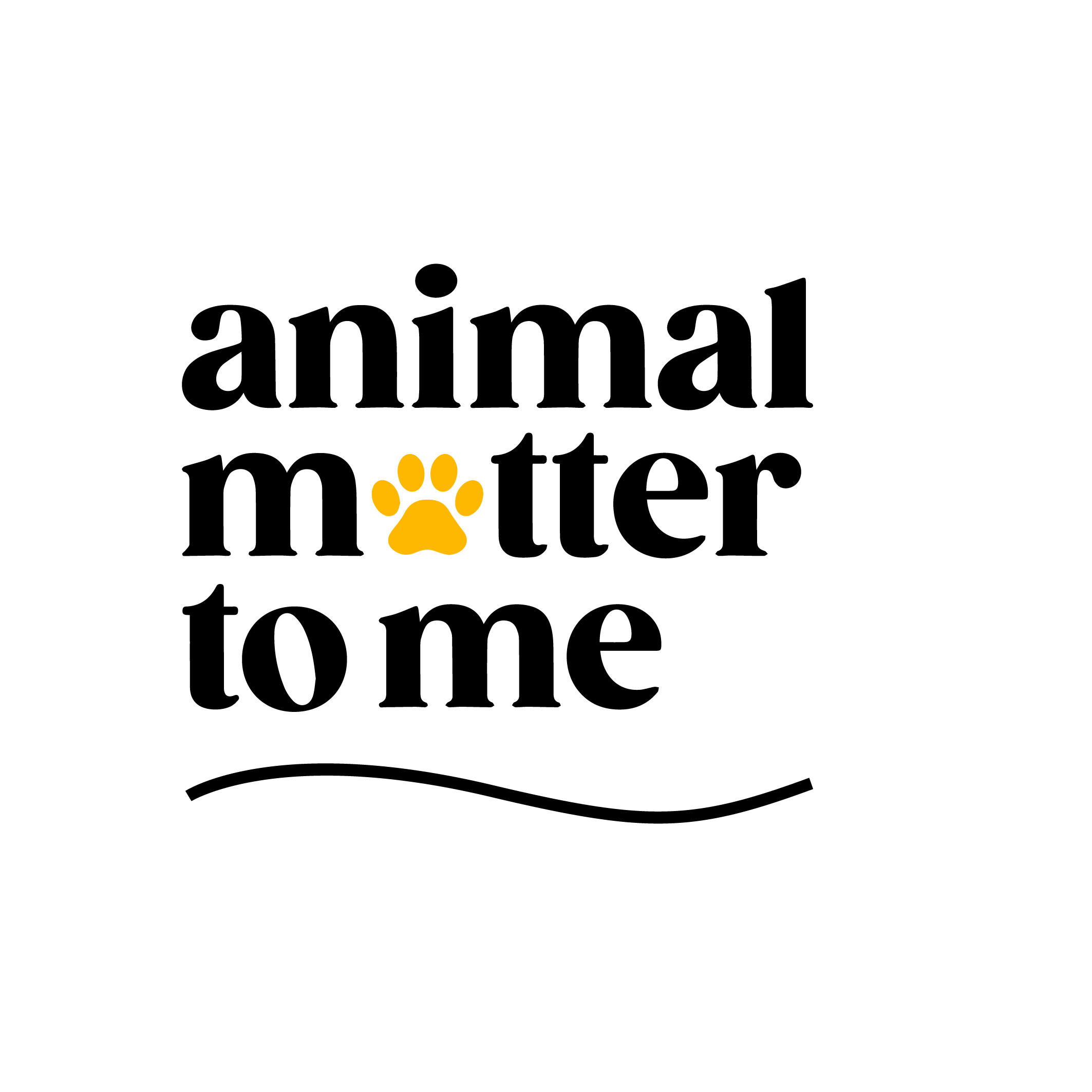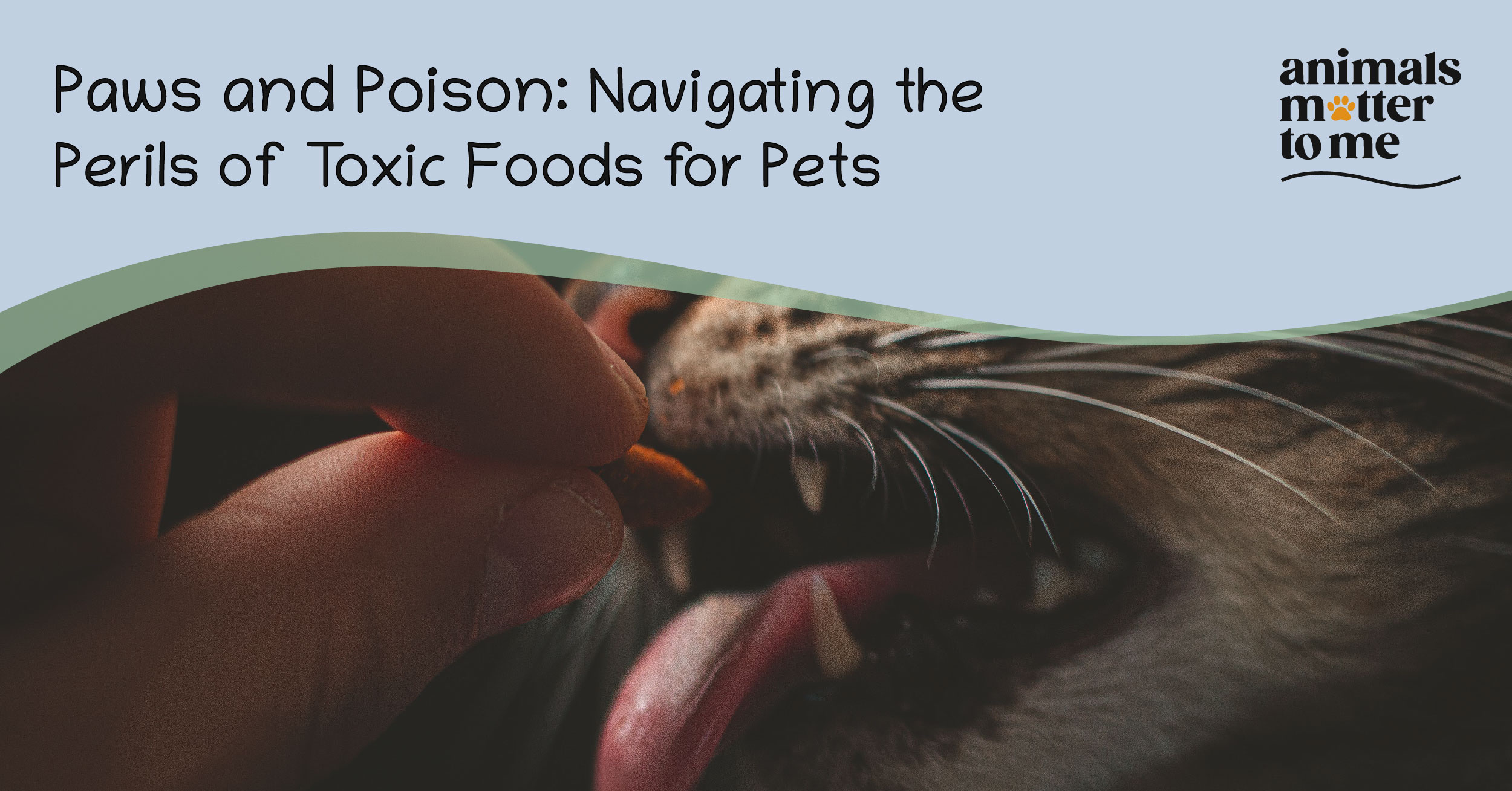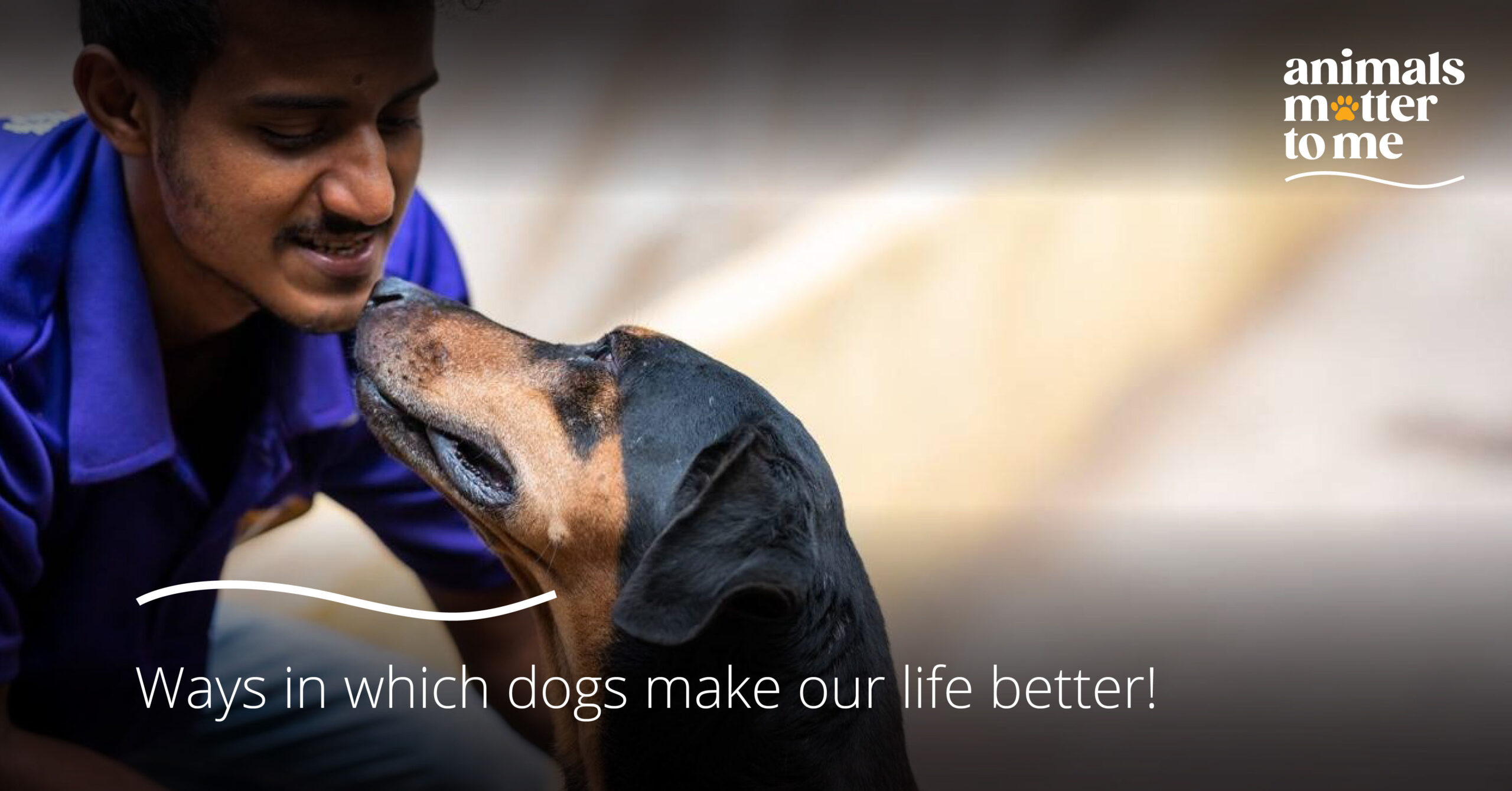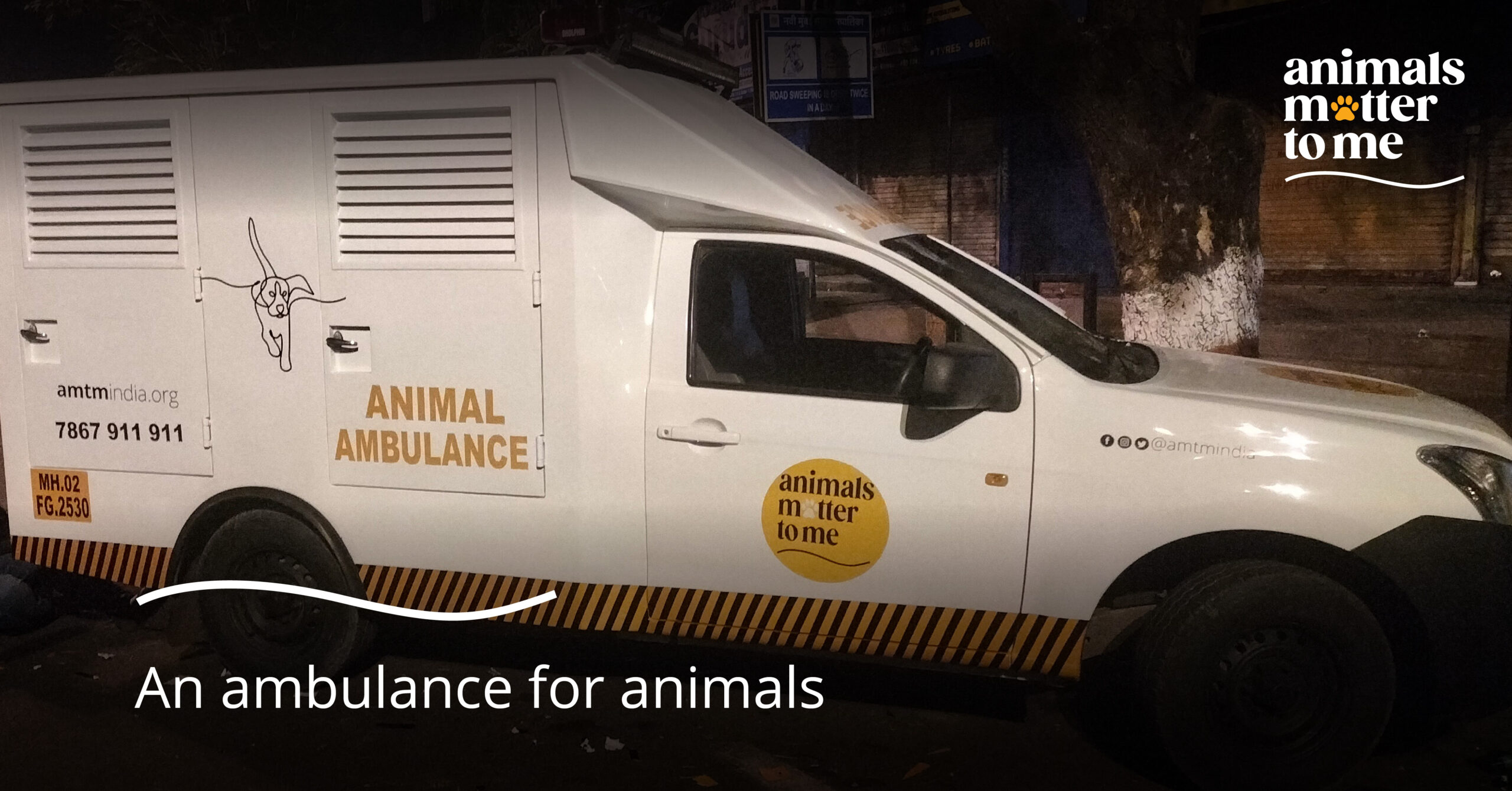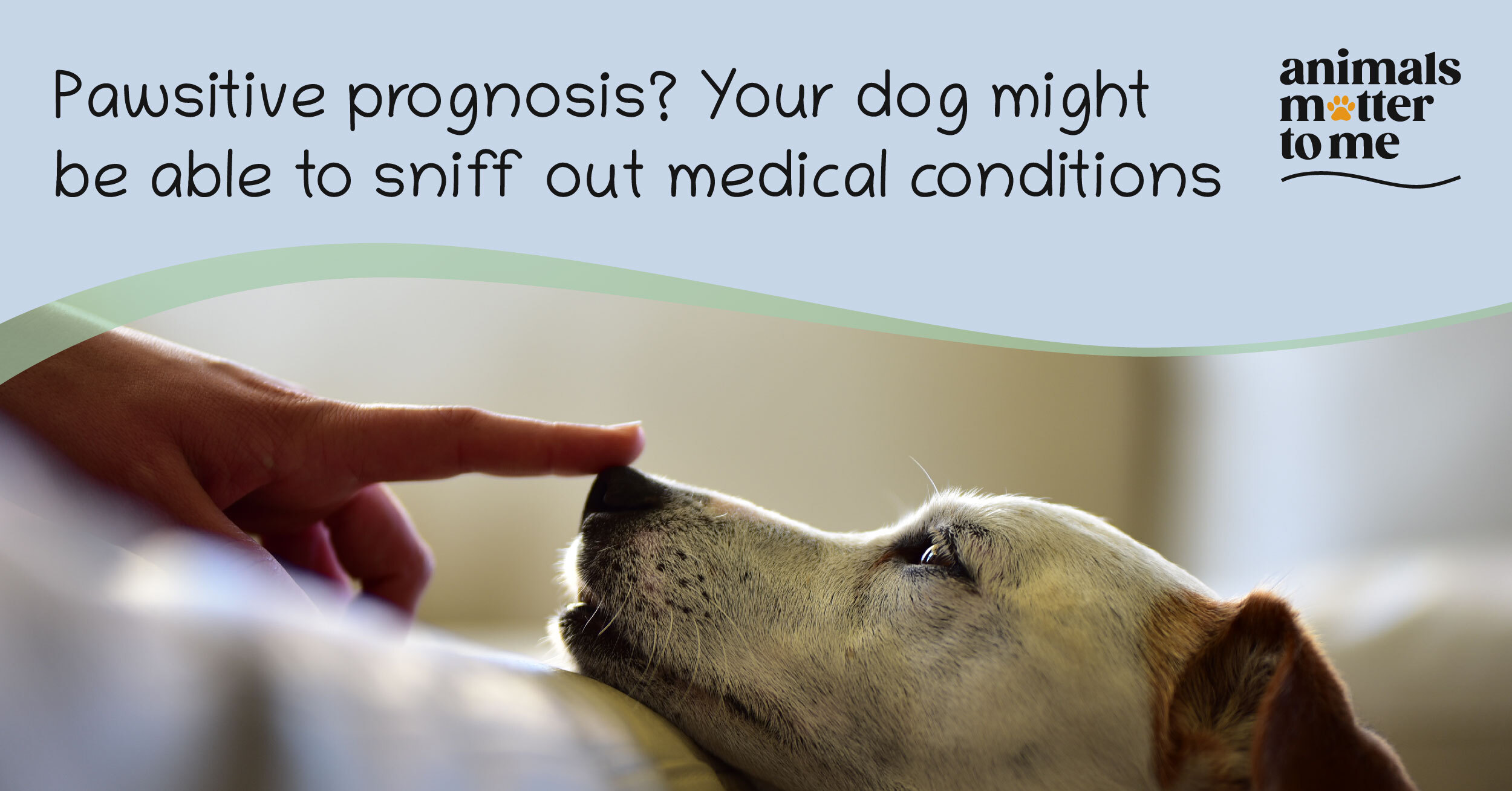In the delightful journey of pet parenthood, the health and well-being of our furry companions is paramount. As loving pet parents, we must be mindful of the foods we share with our four-legged friends. Let’s understand the potentially hazardous world of toxic foods for pets and discover how to keep our precious companions safe and healthy.
1. Chocolate
Chocolate contains theobromine, which can be toxic and even fatal to both dogs and cats. The theobromine content in dark chocolate and baking chocolate is even higher.
2. Grapes and raisins
They can cause kidney failure in dogs. Even small amounts can be harmful.
The exact toxic substance is unknown, but dogs cannot metabolise the tannins, flavonoids and monosaccharides found in them.
3. Onions and garlic
They contain compounds that can damage red blood cells and lead to anaemia.
Even related foods like chives and leeks are harmful to both dogs and cats.
4. Xylitol
Xylitol is a sugar substitute found in many sugar-free products like gum, candy and baked goods. This can cause insulin release leading to hypoglycemia (low blood sugar) in dogs and liver failure.
5. Alcohol
Like with humans, it causes intoxication and also leads to vomiting, coordination problems, breathing difficulties, coma and even death.
6. Caffeine
Found in coffee, tea, energy drinks and certain medications, caffeine can cause restlessness, rapid breathing, heart palpitations and muscle tremors. This can be fatal.
7. Avocado
Avocados contain persin, which can cause vomiting and diarrhoea in dogs and cats. The pit poses a choking hazard and the high fat content may lead to pancreatitis.
8. Macadamia nuts
They cause weakness, depression, vomiting, tremors and hyperthermia in dogs. The exact toxic substance is unknown.
9. Raw meat and eggs
Raw meat may contain bacteria such as Salmonella and E. coli, causing food poisoning. Raw eggs contain avidin, which interferes with the absorption of biotin, leading to skin and coat problems.
10. Dairy products
Many adult cats and dogs are lactose intolerant, leading to digestive trouble, diarrhoea and stomach discomfort.
11. Bones
Cooked bones can splinter and cause blockages or lacerations in the digestive tract. Avoid giving pets chicken, turkey and fish bones.
12. Salt
Excessive salt intake can lead to sodium ion poisoning, causing vomiting, diarrhoea, tremors and in severe cases, death.
This list is not exhaustive and pet parents must be cautious about sharing human foods with their pets. By understanding the risks, recognising potential dangers and taking proactive steps to prevent harm, we can create a safe and loving environment for our pets to thrive. Always consult a veterinarian if you suspect your pet has ingested something toxic and keep potentially harmful foods out of their reach. You can also make your own pet-friendly treats at home to give them a healthy and delicious meal.
